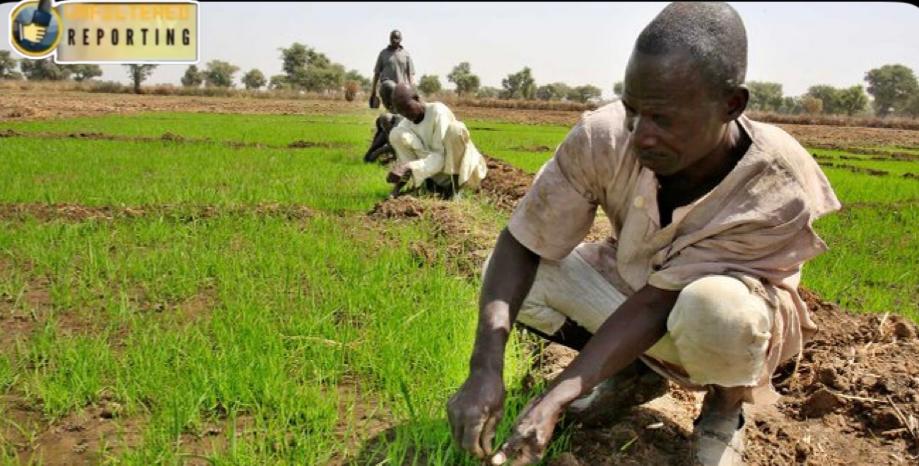AFAN Adopts Blockchain to Boost Farmers’ Access to Global Markets, Digital Finance

Nigerian farmers are set to benefit from expanded access to global markets and innovative financial services as the All Farmers Association of Nigeria (AFAN) begins integrating blockchain technology into the agricultural value chain. The initiative is designed to address long-standing challenges of limited market reach, weak documentation systems, and financial exclusion faced by millions of smallholder farmers across the country.
AFAN, which represents farmers’ unions across the 36 states and the Federal Capital Territory, said the adoption of blockchain solutions would open new trade opportunities by ensuring transparency, traceability, and accountability in the production and distribution of farm produce.
According to the association, blockchain will make it possible for farmers to record and verify transactions, establish digital identities, and guarantee product authenticity, thereby giving international buyers greater confidence in Nigerian agricultural exports. The association explained that the move will not only enhance export competitiveness but also transform the financial landscape for rural farmers.
With verifiable records of their production and sales captured on blockchain, farmers will be able to access digital credit, crop insurance, and other financial services that were previously unavailable to them due to the absence of reliable data. AFAN is working with digital marketplaces and fintech partners to roll out platforms that will allow farmers to register electronically, trade their produce seamlessly, and receive payments through secure digital channels.
Smart contracts, enabled by blockchain, will also ensure that farmers are paid automatically once quality and delivery conditions are fulfilled, reducing delays and disputes in transactions. The adoption of blockchain comes at a time when Nigeria is witnessing rapid growth in both the agritech and fintech sectors. Several local startups and commodity exchanges are already deploying solutions that use electronic warehouse receipts, digital payments, and traceability systems to streamline agricultural trade.
AFAN said it plans to leverage these existing innovations to strengthen the bargaining power of its members and create new channels for export. Industry experts have hailed the decision as a major milestone, noting that global markets are increasingly demanding transparency and sustainability in sourcing.
By providing tamper-proof traceability and authenticating supply chains, Nigerian farmers stand a better chance of penetrating premium international markets while reducing exploitation by middlemen. Nonetheless, concerns remain about infrastructure and adoption. Experts warn that poor network coverage, low digital literacy, high costs of internet access, and the need for clear regulations around blockchain transactions could slow down implementation.
AFAN has acknowledged these challenges but assured that it will work with relevant stakeholders to provide training, expand digital access, and build farmer-friendly platforms that are easy to use even in rural communities. If successfully executed, the initiative could position Nigerian farmers as stronger players in global trade while driving financial inclusion for rural households.
For AFAN, the embrace of blockchain is not just a technological upgrade but a strategy to empower farmers, strengthen agricultural exports, and transform agriculture into a more profitable and sustainable sector of the economy.









